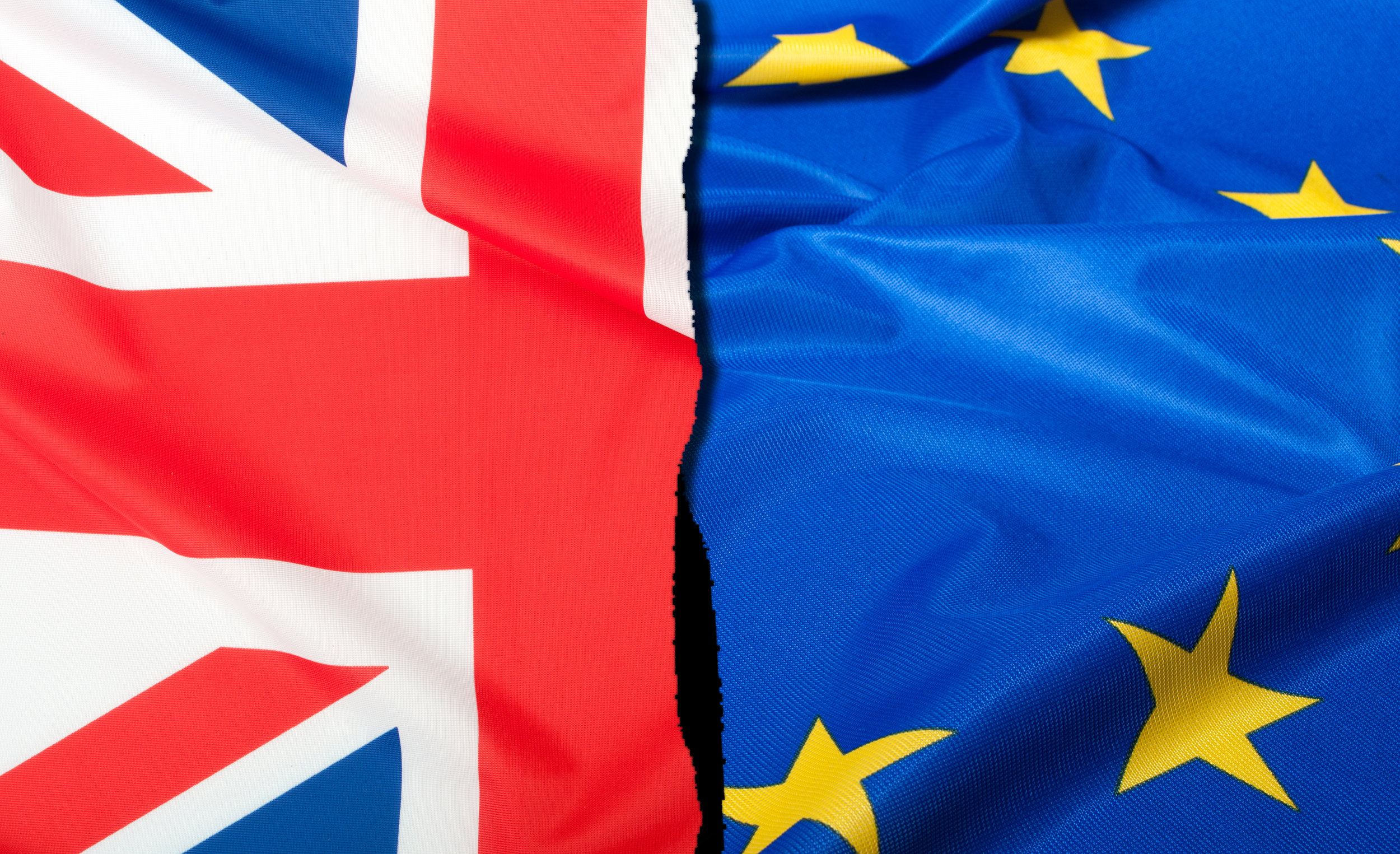EMHF update - Could European Racing improve its techniques for courting students?
/By Dr Paull Khan
Racing is not alone in its desire to encourage greater interest amongst the younger generations. For decades, we have bemoaned our ‘ageing demographic’ and, while there may be little evidence of anything more than an aged demographic (raising the suspicion that it was ever thus), we, like so many others, are constantly seeking the key to attracting youth to our sport in all capacities: punters, racegoers, careerists.
For advice on this, who better to turn to, we reasoned, than to students themselves? Enter the European Student Horseracing Federation (ESHF)—a fledgling organisation whose members are University Racing Societies. Founding Chairman Robert Dargan explains: ‘The ESHF was established in May 2020 when I was elected chairman of Trinity College Horse Racing Society. It was founded to help racing societies to promote their presence and activities in their respective Universities. As I was fearful they may not survive the effects of COVID—given the fact that their normal events—visiting breeding operations, training facilities and going to the races could no longer take place due to restrictions. I thought it was very important to keep the societies active, to help promote the sport of horse racing to students, who are the next generation of supporters, participants and owners. I also wanted to have a central place for student horse racing enthusiasts to share their passion with other like-minded students from other universities and countries. I felt such an organisation did not exist for these purposes.’
Together, we began the search for a Fellowship Observer—a competitive process open to ESHF members where the winner would win an expenses-paid trip to Warsaw, and where, COVID permitting, we will hold the EMHF’s General Assembly in October, alongside racing at Poland’s premier racetrack, Sluzewiec.
Students were invited to distil into 500 words their thoughts on what European racing administrators might best do to encourage youth participation.
Entries were received from racing and equestrian societies of Universities across Ireland and Britain, including Trinity College Dublin, University College Dublin, University College Cork, University of Cambridge and University of Nottingham.
The top three entries - click on link to read:
EMHF Fellowship Observer Competition winner Ciara Dineen.
Ciara Dineen, a first-year equine business student at Maynooth University, emerged as the winner. Ciara hails from a racing background—her father was both a jockey and trainer in his day, and she now dovetails her studies with working at John Joseph Murphy’s yard in Cork. Like several of the competition entrants, she feels that more could usefully be done to organise and foster the direct involvement of students in various aspects of the sport. From the organisation of student ownership syndicates to an enhancement of the ‘student raceday’ concept, which would see the addition of stable visits in the days leading up to the race, allowing the students ‘up close and personal’ access to one or two of the runners on the day—whom they can then cheer on, come the raceday, bonded by their newfound acquaintanceship.
The student ownership syndicate is not an entirely new idea. There are two variants: syndicates for alumni of schools or colleges and those for current members of college Racing Societies. Pierce Dargan, brother to Robert, and better known as CEO of Equine Medirecord, has been a trailblazer in this area. Pierce founded the Blackrock Racing Syndicate, made up of alumni of Blackrock College, a well-known school in Ireland, at the end of 2018. The syndicate got off to a dream start, with its first horse, Arthurian Fame, winning at the first time of asking. Exultant Blackrock members, decked out in the school’s blue and white colours, memorably hoisted trainer Joseph O'Brien aloft and into the winner’s enclosure.
The success didn't stop there, with the syndicate going on to win the Microsoft Cup at Leopardstown, where the power of the concept could really be seen. Over 200 alumni of Blackrock turned up to see the ‘the Fame’ win at the local track for the school, which is less than a 20-minute drive away. Even though most were not directly involved, Pierce describes how having the syndicate being part of an already existing identity really helped drive interest, not only to join the syndicate but also to grab the attention of the wider past and present pupils of the school and its extended community.
‘I think syndicators work very hard to establish a unique identity for their racing club or syndicate to help draw interest from potential members. This can be quite difficult, but when you are able to use the name and sports colours of the university or school, it really makes that draw for potential members much easier, as they are already part of that community. Also, educational institutions are always very anxious to engage and build strong ties with past students, and a syndicate or racing club is a perfect way to do that. I know personally it has helped me stay connected with friends to whom I had not spoken since leaving school; and it was the perfect reason to meet and share a great day out with them. And when the horses are doing well, it brings excitement not only to the members but the whole community, as shown by the number of people who came to watch Arthurian Fame run at Leopardstown. I also think it is the perfect way to build a path for young enthusiasts to become new owners in the sport.
‘Our generation want to be involved. We’re not content to be spectators any more.’ …


















